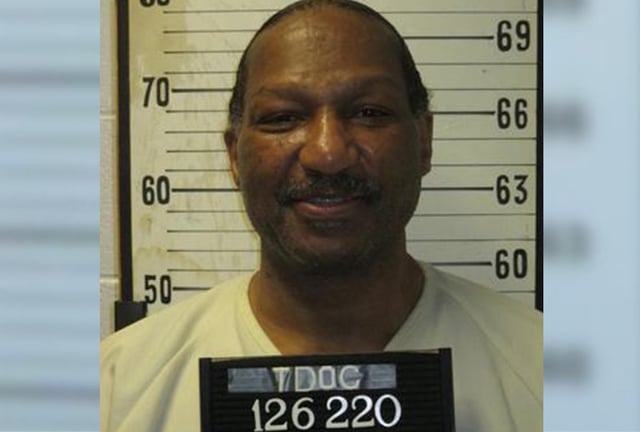Overview
- The U.S. Supreme Court and Gov. Bill Lee denied last-minute appeals, allowing Byron Black’s execution to proceed at 10:43 a.m. on August 5 with his implantable cardioverter-defibrillator active.
- The Tennessee Supreme Court reversed a trial judge’s July order to deactivate Black’s defibrillator, ruling the lower court lacked authority to modify the execution protocol.
- Witnesses at Riverbend Maximum Security Institution reported that Black cried out in pain and appeared to struggle during the lethal injection.
- Black’s attorneys had sought new hearings on his intellectual disability and medical vulnerability under Tennessee’s updated 2021 statute but were blocked by earlier rulings and the state Supreme Court.
- His execution marks Tennessee’s second since resuming capital punishment in May after a five-year hiatus and the 28th nationwide this year.



